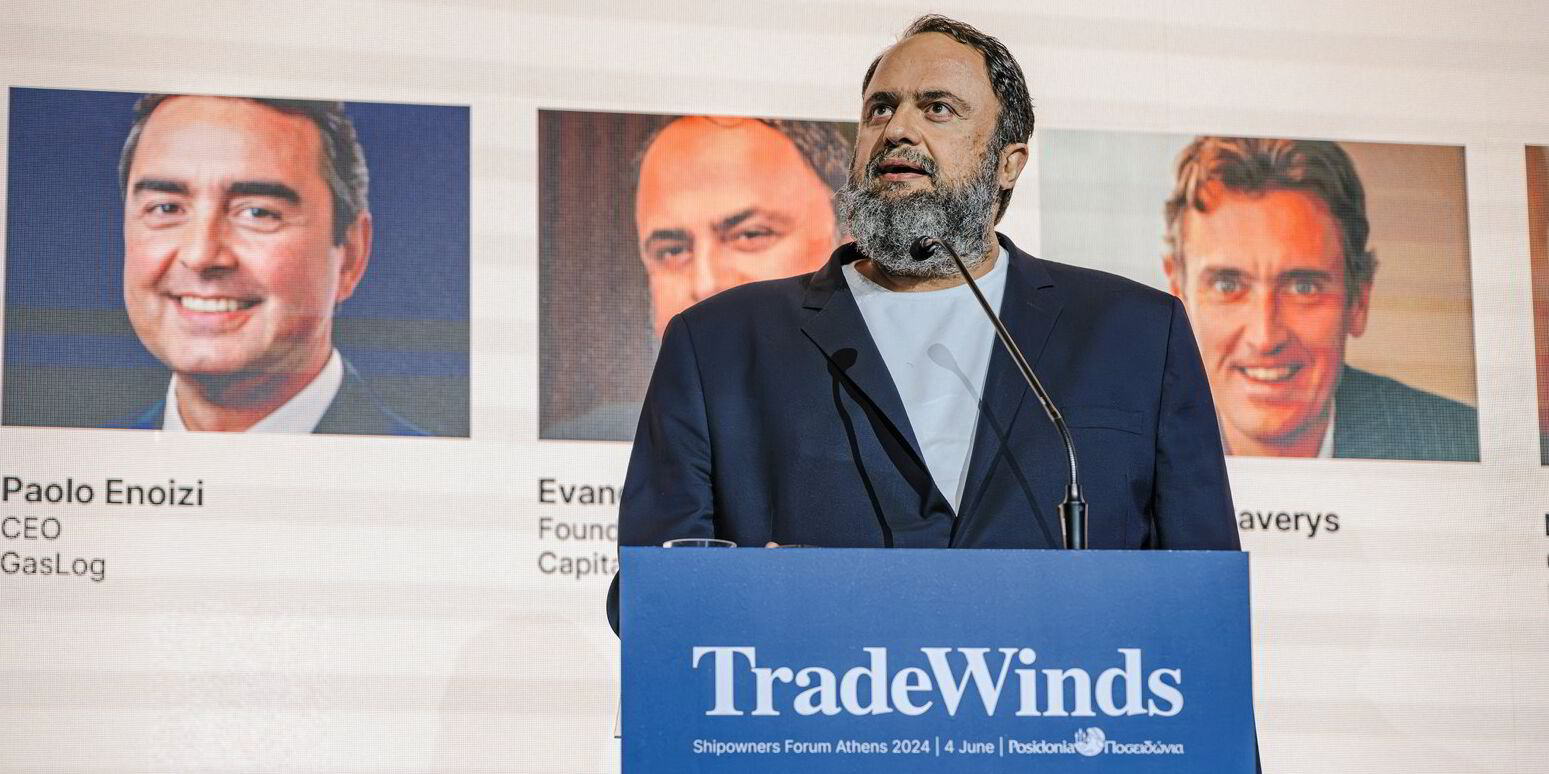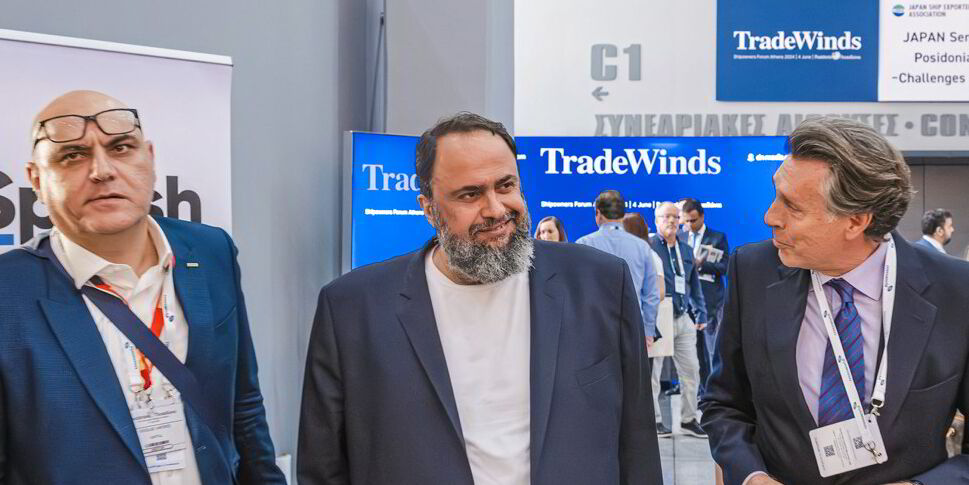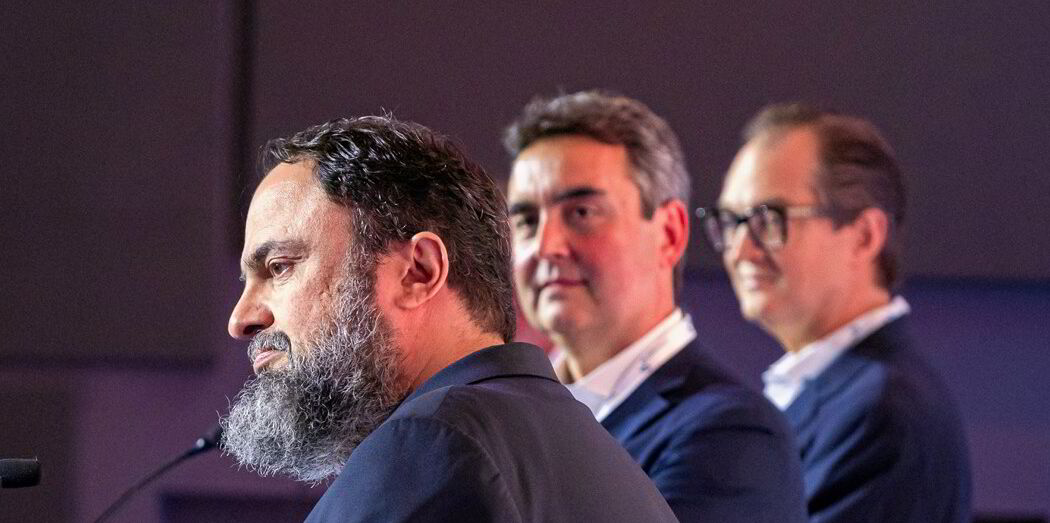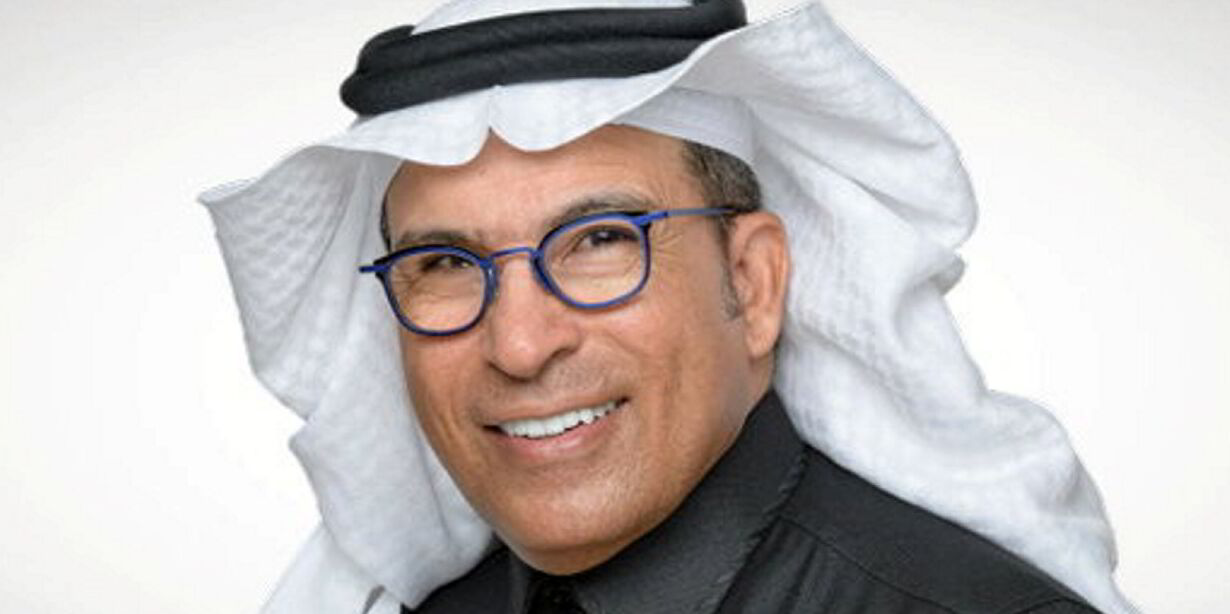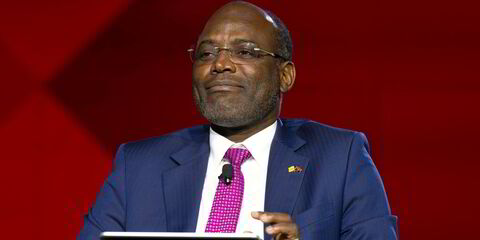Greek shipowner Evangelos Marinakis has sold a fleet of nine VLCCs to Bahri in a $1bn deal.
The national shipping carrier of Saudi Arabia said the transaction, its second major VLCC fleet swoop in four months, significantly advanced its fleet modernisation plans.
“The main purpose of this acquisition is to enable Bahri to streamline the process of phasing out older vessels in the fleet going forward,” Bahri told investors.
It will use bank debt and its cash reserves to fund the deal, it said in a statement today.
Bahri is already a force in the VLCC market, with 40 of the tankers trading, and it will become the second-biggest name in the big tanker game when the new ships are delivered, Clarksons data shows.
Bahri said the addition of Marinakis’ ships will enable fleet renewal and the phase-out of older tonnage.
The tankers involved in the transaction were not named individually in the statement by Bahri. However, it said the scrubber-fitted vessels were built in South Korea and have an average age of 5.9 years.
Capital Maritime & Trading’s website lists a fleet of 11 VLCCs on the water, built between 2010 and 2022.
It also has six VLCC newbuildings on order for delivery in 2027.
Brokers have identified the following vessels in the table below as the tankers changing hands.
Bahri has been busy building its VLCC fleet of late, including an en-bloc deal in May this year for four ships from Korea Line Corp.
It also took in two smaller secondhand deals last year, when VLCCs were purchased in pairs from VS Tankers and Thenamaris just before Christmas.
Tanker market sources say the Saudi owner has been the most active bidder on VLCCs in the market during the past few months as it ramped up fleet renewal efforts.
Marinakis has been a major investor across multiple shipping segments, particularly with a newbuilding plan running to well over $8bn on around 90 vessels in the past few years.
Despite the sale, Capital retains a large presence in the tanker market, with over 30 ships ranging from VLCCs to MR product tankers either trading or under construction. Its crude tanker interest includes six suezmaxes on order.
Marinakis is not exiting the VLCC space, where he will retain two trading tankers in addition to the newbuildings contracted earlier this year.
The $1bn agreement for nine VLCCs is the largest sale-and-purchase transaction in the sector this year, even in a market where en-bloc deals are relatively common.
Sources say the price seems fair and is in line with the market for the tankers involved.
The deal makes Bahri the second-largest VLCC fleet owner on the water, behind China Merchants Group, which has 52 of the tankers, according to Clarksons’ data.
Bahri, with 49 of the ships, will replace John Fredriksen in second position and also jump ahead of China Cosco Shipping, which has 46, the world’s largest shipbroker said.
Bahri’s 40 trading VLCCs had previously ranked fourth in the world, just ahead of Angelicouss Group, which has 38 VLCCs on the water, Clarksons said.
